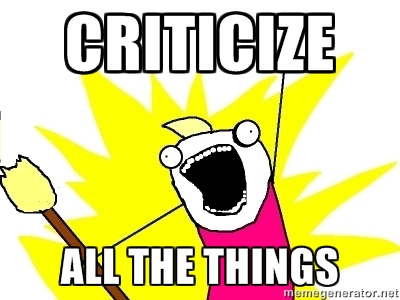Category: Uncategorized
Income and Population Growth
Do changes in income cause changes in the population? In other words, can wealthier countries sustain more people? A new article by Markus Brückner and Hannes Schwandt in the Economic Journal answers in the affirmative, finding that this is because of increased fertility and lowered child mortality:
Do populations grow as countries become richer? In this paper we estimate the effects on population growth of shocks to national income that are plausibly exogenous and unlikely to be driven by technological change. For a panel of over 139 countries spanning the period 1960-2007 we interact changes in international oil prices with countries’ average net-export shares of oil in GDP. Controlling for country and time fixed effects, we find that this measure of oil price induced income growth is positively associated with population growth. The IV estimates indicate that a one percentage point increase in GDP per capita growth over a ten year period increases countries’ population growth by around 0.1 percentage points. Further, we find that this population effect results from both a positive effect on fertility and a negative effect on infant and child mortality.
Critical Thinking ≠ Being a Contrarian

Our best college students are very good at being critical. In fact being smart, for many, means being critical. Having strong critical skills shows that you will not be easily fooled. It is a sign of sophistication …
The combination of resistance to influence and deflection of responsibility by confessing to one’s advantages is a sure sign of one’s ability to negotiate the politics of learning on campus. But this ability will not take you very far beyond the university. Taking things apart, or taking people down, can provide the satisfactions of cynicism. But this is thin gruel.
The skill at unmasking error, or simple intellectual one-upmanship, is not totally without value, but we should be wary of creating a class of self-satisfied debunkers … In overdeveloping the capacity to show how texts, institutions or people fail to accomplish what they set out to do, we may be depriving students of the chance to learn as much as possible from what they study.
From an excellent post on the New York Times‘ The Stone blog by Michael S. Roth, president of Wesleyan University, titled “Young Minds in Critical Condition.” After almost 15 years teaching in North American universities, I can only agree.